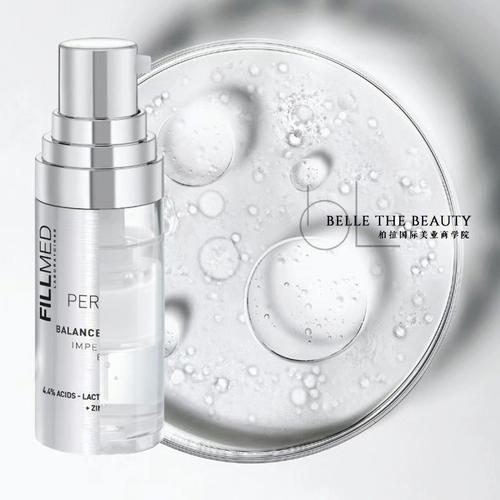
Understanding Skin Aging: A Comprehensive Guide from the World Health Organization’s Perspective
As you navigate through the journey of life, your skin undergoes numerous changes. One of the most noticeable transformations is the process of skin aging. The World Health Organization (WHO) has been at the forefront of research and education regarding this natural phenomenon. This article delves into the various aspects of skin aging, as outlined by the WHO, to provide you with a comprehensive understanding of this vital topic.
What is Skin Aging?
According to the WHO, skin aging is a complex process that involves the gradual loss of skin function and structure. It is influenced by both intrinsic and extrinsic factors. Intrinsic aging is the natural aging process that occurs over time, while extrinsic aging is caused by external factors such as sun exposure, pollution, and poor lifestyle choices.

Intrinsic Aging: The Natural Process
Intrinsic aging begins in your 20s and continues throughout your life. The WHO explains that this process is primarily driven by the body’s natural decline in the production of collagen and elastin, two essential proteins that maintain skin elasticity and firmness. Additionally, the turnover of skin cells slows down, leading to a thinner, less resilient skin.
| Age Range | Key Characteristics |
|---|---|
| 20s | Increased oil production, acne, and the beginning of fine lines |
| 30s | Loss of elasticity, deeper wrinkles, and the appearance of age spots |
| 40s | Further loss of elasticity, sagging skin, and increased dryness |
| 50s and beyond | Significant loss of collagen and elastin, loose skin, and visible veins |
Extrinsic Aging: External Factors at Play
Extrinsic aging is a significant concern for many individuals, as it can accelerate the aging process. The WHO highlights several key factors that contribute to extrinsic aging:
-
Sun exposure: UV radiation from the sun is the primary cause of premature aging. It damages the skin’s DNA, leading to wrinkles, age spots, and an increased risk of skin cancer.
-
Pollution: Air pollution can cause oxidative stress, leading to inflammation and damage to the skin’s surface.

-
Smoking: Smoking accelerates the aging process by reducing blood flow to the skin and damaging collagen and elastin.
-
Unhealthy diet and lifestyle: Poor nutrition, lack of exercise, and excessive alcohol consumption can contribute to skin aging.
Preventing and Treating Skin Aging
The WHO emphasizes the importance of adopting a proactive approach to prevent and treat skin aging. Here are some key recommendations:
-
Protect your skin from the sun: Use a broad-spectrum sunscreen with an SPF of at least 30, even on cloudy days.
-
Limit exposure to environmental pollutants: Stay indoors during peak pollution hours and use a facial mask when necessary.
-
Quit smoking: Smoking is a significant contributor to skin aging, so quitting is a crucial step in reversing the damage.
-
Adopt a healthy lifestyle: Eat a balanced diet rich in antioxidants, exercise regularly, and limit alcohol consumption.
-
Use skincare products: Look for products that contain ingredients like retinoids, antioxidants, and peptides to help improve skin texture and reduce the appearance of wrinkles.
By following these recommendations, you can help slow down the aging process and maintain healthy, youthful-looking skin. Remember, the key to successful skincare is consistency and patience.
Conclusion
Understanding skin aging from the WHO’s perspective can help you make informed decisions about your skincare routine. By addressing both intrinsic and extrinsic factors, you can take control of your skin’s health and appearance. Remember, it’s never too late to start taking care of your skin, and the benefits will last a lifetime.



